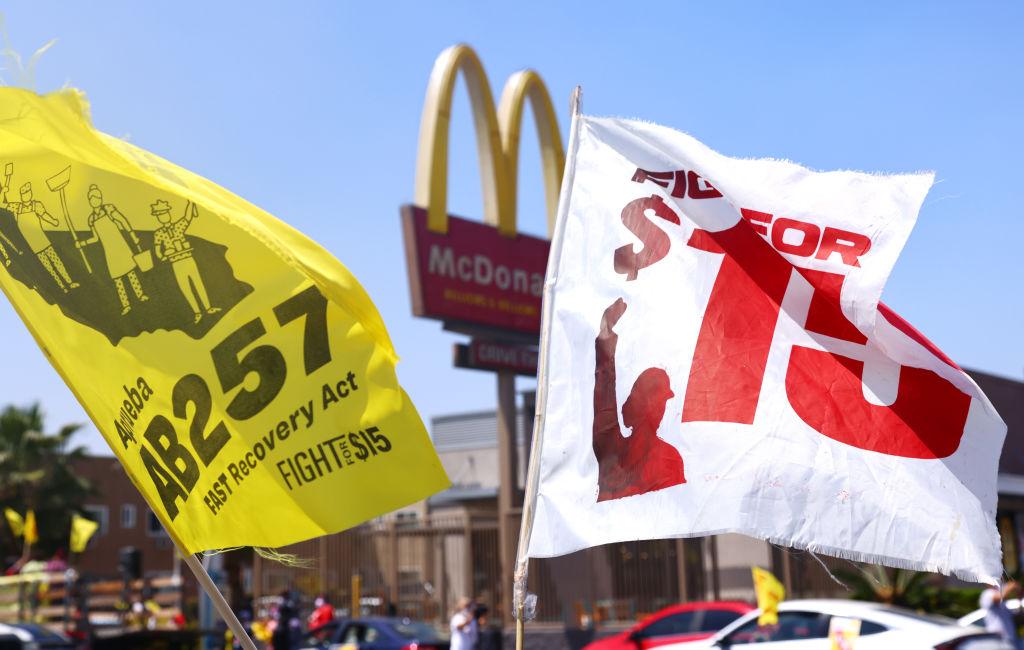Californian citizens are set to vote on a proposal next year that seeks to improve the working conditions and raise wages of fast-food workers across the state, a measure that has attracted strong opposition from businesses in the sector.
Assembly Bill (AB) 257, also known as the FAST Recovery Act, proposed raising the minimum wages in California’s fast-food industry to $22 per hour by the end of 2023 for some businesses, when the current minimum wage for all workers is $15.50. While labor groups supported the law, businesses opposed it and eventually gathered more than a million signatures to hold a referendum on the issue.





